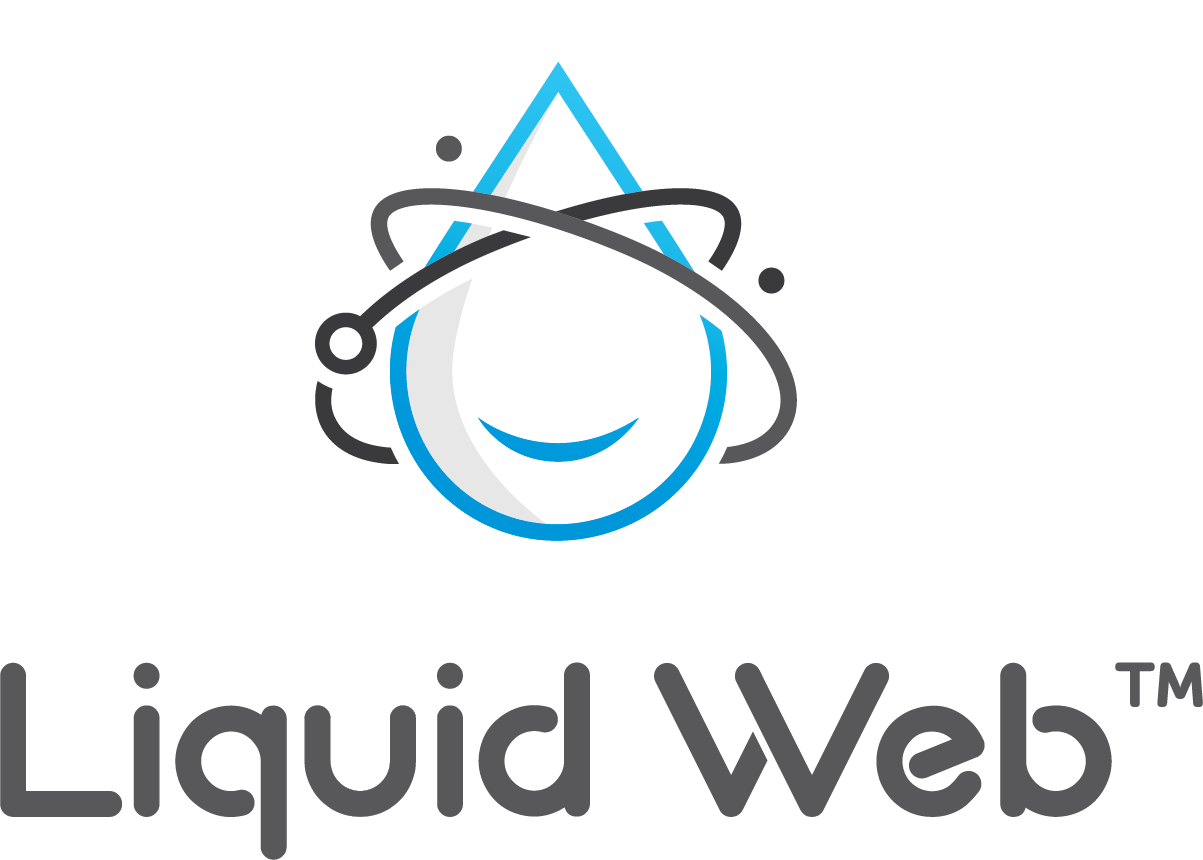On This Page: [hide]
It’s easy to feel lost or confused when trying to choose the best hosting service for your website. There are seemingly so many different options that need to be taken into account when making this decision. Choosing a web hosting that matches your technical knowledge, fits your budget, and grants your website growth is crucial. One of the most common questions people have is “What’s the difference between all these hosting types?” .
Here, we’ll highlight some of the key similarities and differences between shared hosting and dedicated hosting services.
Shared hosting vs. dedicated hosting comparison knowledge appears to be really useful when a person attempts to make an informed decision on how to set up their online business.
If you are one of these people or are just curious to understand the difference between these two web hosting types, our shared hosting vs. dedicated hosting guide will help you find the answers.
What Is Shared Hosting?
Shared hosting literally means a web hosting service that enables you to share a single physical server with multiple other websites. This means that your website data is kept on a server that maintains the information of a few other sites as well. The amount of disk space and system resources are limited with shared hosting because others are sharing the same server. Plus, every time your website surpasses the allotted amount, you will be extra charged. At worst, your website may get down for a while if many other sites send an extended amount of server requests simultaneously. Shared hosting plans usually feature access to control panel, limited disk space capacity, unlimited email accounts, and other add-ons depending on an individual’s plan. Since many users utilize the resources of a single server, your hosting costs will be low.
Advantages of Shared Hosting
Easy to self-manage
You have access to a user-friendly control panel where you can manage most of the essential processes. Websites with shared hosting require little technical skill and knowledge of servers. The simplified user interface that is provided by the cPanel makes the hosting management process simple and straightforward. All administrative tasks and monitoring duties associated with the purchased, shared hosting plan are available there.
Budget-friendly
Shared web hosting is the most competitive hosting solution as it is budget-friendly. Basic plans start at a value of $30 a year and can reach over $100 for premium packages with unlimited bandwidth, unmetered disk space, and unlimited websites.
Professionally managed
Shared web hosting enables you to let your host take the headache of maintaining your server. In case you choose a shared web hosting plan, the company will take care of sophisticated technical server issues. With shared hosting, you can have professional technical assistance for everything, including hardware upgrades, maintenance, software updates, DDoS attacks, network outages, and so on.
Disadvantages of Shared Hosting
Uptime
One of the primary considerations you should have with a shared hosting plan is its uptime guarantee. The uptime guarantee is important as it regards the percentage of the year when your site will be online. Its rate may vary from 99.9% to 100%. Generally, it is understood that 99.9% uptime is the hosting industry standard.
Disk space limit
Every hosting plan has its disk space limitations. They define how much of the hard drive capacity will be available for your website. In the event that you plan to set up a site with lots of images, audio files, or download files, you should bet on a plan that will provide enough disk space for the storage of all the data.
What Is Dedicated Hosting?
Dedicated hosting relates to web hosting packages that provide a dedicated server with all its resources to a single client. With a dedicated web hosting plan, you get full control over server configuration. Dedicated hosting is suitable for websites with a vast number of visitors. Although, it may be ideal for beginners too, especially in cases when fast business growth is expected. There are different dedicated hosting plans offered by web hosting companies. Their prices are primarily defined by hardware choice and the amount of resources needed, including bandwidth, storage space, and amount of RAM. Compared to shared hosting, however, dedicated hosting is more expensive. The pricing is also influenced by the software packages needed to run the server.
Advantages of Dedicated Hosting
High level performance
When all server resources are dedicated to a single user, customer’s websites score robust performance. Nowadays, most online users have the patience to wait around two seconds for a web page to load. Performance is a crucial factor to consider when choosing a hosting plan as your site’s speed is a determinant. Site speed is known to affect search performance as well.
Control and flexibility
You can customize a dedicated server in accordance with your website’s needs while having control over all bandwidth and data space limitations. Dedicated hosting enables you to customize your server preferences fully. Furthermore, it is set to give you root access, which allows you to customize installed programs and install necessary new ones.
Security
Security is considered to be on a higher level with dedicated hosting as all security configurations will be applied by you or a colleague who has the technical know-how to use them. Hence, you are in a position to implement more reliable security measures that meet all high-quality standards.
Disadvantages of Dedicated Hosting
Increased price
Dedicated hosting is more expensive than other hosting solutions. This is because you pay all server costs, including needed licensed software and operation storage. Plus, there may be an added cost if you lack the knowledge of configuring all server settings. In such a case, you need to hire professional staff to handle server administration and management tasks.
Tech skills
A dedicated hosting plan is suitable in the event that you know how to manage the server and how to handle technical issues. It is all up to your level of expertise with a dedicated hosting from software installation to security configurations. You are responsible for installing all updates and essential security programs to keep your site away from cybercriminals. If you don’t know what you’re doing, you can potentially compromise your website.
Shared hosting vs. Dedicated Hosting: The Comparison
Management
Shared hosting requires little to no technical skills. You can easily manage and control your hosting plan via the cPanel. You can manage files, databases, email accounts, error logs, and some server analytics, but when the server goes down, it’s the technicians who you should be counting on. That’s why the tech support level of a hosting company is always of paramount importance. With a dedicated server, you can overcome the downtime surge faster, but you need to have the technical knowledge to do this. The users can fully manage a dedicated server. Yet, there are dedicated hosting plans that offer company side management but at an extra price.
Performance
Typically, dedicated servers are considered to be faster than shared hosting as they offer more resources (CPU, RAM, etc.) solely to your websites. Some performance issues may occur with shared hosting due to the lack of control over your neighbors’ actions. Sometimes their activities may hurt the way your site operates. Even a sudden spike in traffic that exceeds their plan limitations may cause your site to perform slower or be down for a while.
Resources
All resources, including data, CPU time, memory, and disk space, are shared with shared hosting plans. That’s why a dedicated server is recommended if your website gains a massive volume of traffic. The shared hosting will require you to upgrade your plan as soon as your website reaches the resource limits. The dedicated hosting, the bandwidth is what you may need to upgrade, and you can do it anyway for an additional price.
Security
Shared hosting servers come with firewalls and a set of other security applications installed on them. Still, there is a chance that some security issues may occur due to recently found security flaws or malicious data uploads. Dedicated hosting servers allow you to execute almost all types of scripts and software that will add additional layers of server security.
Summary and Conclusion
Shared web hosting is suitable for your website if:
- You want to start a small business website or a personal blog for friends and family.
- You want to keep costs low.
- You have a currently operating small business or start-up project and want to present it to online customers.
- You have little to no technical knowledge about web hosting maintenance.
- You don’t need access to extensive web programming.
- You are studying applications like WordPress and Joomla.
- You want to experiment with web design and coding.
Choose a dedicated hosting for your website if:
- You expect to reach a high volume of traffic right after you launch the site or in the near future.
- You want a considerably high level of control over your hosting server.
- You want maximum flexibility.
- You or someone on your team can manage almost all technical aspects that relate to your dedicated web server.
- You won’t mind paying extra for an effective dedicated server management.
- You know how to Security is a major concern.
- You have a sizable budget and don’t mind spending considerably more.
As you can see, your decision should ultimately come down to your site’s performance needs, your security requirements, your technical knowledge, and your budget. If you have any further questions, ask us for the right answers in the comment section below.

























